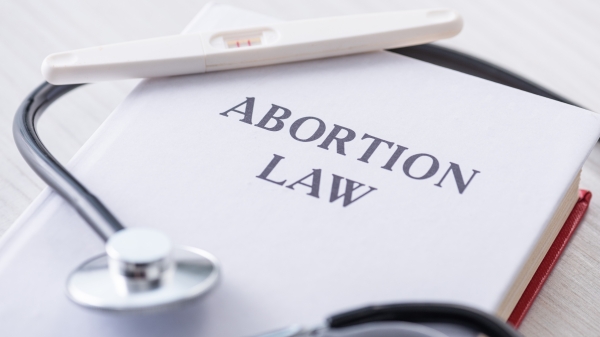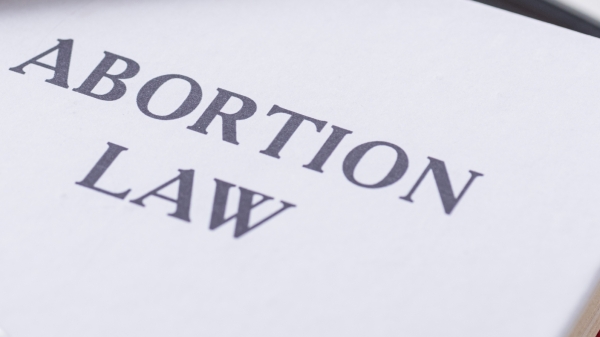|
Getting your Trinity Audio player ready...
|
The future of IVF treatment in Alabama is under threat, and lawmakers, religious leaders, and politicos find themselves scrambling to make sense of and justify their previous actions.
Over the years, the Alabama Legislature has passed pro-life legislation that has progressively restricted a woman’s right to bodily autonomy and the right to an abortion based on a religious interpretation of when life begins. However, when these laws were enacted, there appeared to be few, if any, political repercussions.
When the Alabama Republican super-majority in the Legislature passed a pro-life constitutional amendment, known as Amendment 2, in 2018, codifying the “sanctity of unborn life and the rights of unborn children,” and explicitly outlawing any constitutional right to abortion or requirement to fund abortions in Alabama, the future of Roe v. Wade — the federal constitutional right to an abortion — was not under serious threat. After all, every Supreme Court nominee at their confirmation hearing had insisted that Roe was settled law, invoking the legal principle of *stare decisis*, Latin for “to stand by things decided.”
Likewise, when in 2019, the state Legislature passed the Alabama Human Life Protection Act, one of the most restrictive abortion laws in the United States, with no exceptions for rape or incest, there was no downside for Republican lawmakers.
And even when the U.S. Supreme Court overturned Roe v. Wade in 2022, Republicans in the state Legislature had no reason to be concerned with their previous actions because there was no loss of political capital or standing in the state.
But in typical fashion, the state Legislature had not thought through the far-reaching outcome of these restrictive laws until the Alabama Supreme Court reminded them that actions have consequences when, in February, the court rightfully determined that the state’s Constitution holds that embryos created through in vitro fertilization are “human beings” with legal rights.
The court ruled that the destruction of frozen embryos could expose individuals or institutions to civil damages under Alabama’s Wrongful Death of a Minor Act, which is a direct result of the 2018 amendment to the Alabama Constitution. The Legislature then hurriedly cobbled together a so-called “fix,” but it is, at best, a band-aid that the Alabama Supreme Court can correctly rip away at any moment.
Alabama’s legislative action and the resulting ruling by the state Supreme Court have cast a pall over IVF treatment in the state with national reverberations. It has not only complicated fertility treatment in the state but opened a national dialogue on what a narrow rendering of when life begins actually means in practical terms. It also raises several questions, most potently: when does the government have a right to control a woman’s body?
Whether or not the government should control a woman’s body, particularly in the context of reproductive rights, is a matter of deep ethical, legal, and personal significance. Those who support government regulation often do so based on the belief in protecting life and upholding certain moral standards. Those who oppose it emphasize bodily autonomy, human rights, and the negative social and economic consequences of such control. The debate is complex, with conflicting concerns on both sides.
The United States Constitution establishes a framework where the nation’s laws are primarily secular, reflecting the separation of church and state. As a result, religious and moral considerations are generally regarded as matters of personal choice rather than legal mandate.
The Alabama Legislature chose to ignore this framework and now finds itself in a legal quagmire, torn between its desire to end abortion rights while still allowing legal protection for IVF treatments. When governments enact sweeping laws based on religious and political grounds, it more often than not spins a web of unforeseen consequences that are not easily untangled.
If state lawmakers don’t find a solution, Alabama could see the end of IVF treatment for those who wish to enjoy the blessings of creating a family. No doubt some passed Alabama’s sanctity of life bills with good intentions, while others did so out of political considerations. Whatever the case, the state is paying the price for an overzealous marriage of religion and government.
The founders, in their wisdom, implemented a secular constitution that limited government intrusion into private matters. However, there has always been an element of society that has worked to cast the founding documents in a religious light — one that was never intended.
Alabama once again finds itself in the middle of a controversy of its own making, where the rights of many are jeopardized by the will of a few. What happens next will call for exceptional leadership and astute legal maneuvering — a task that will also demand courage and wisdom.



















































